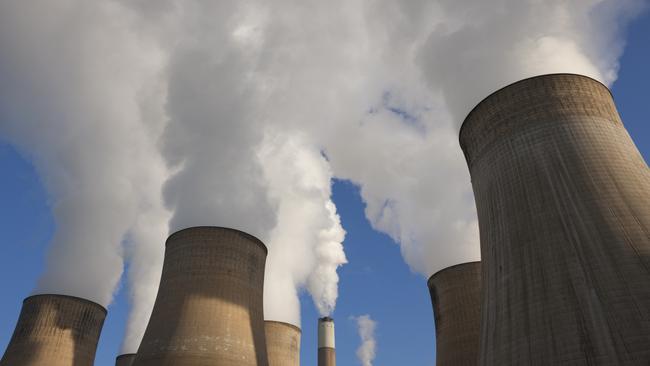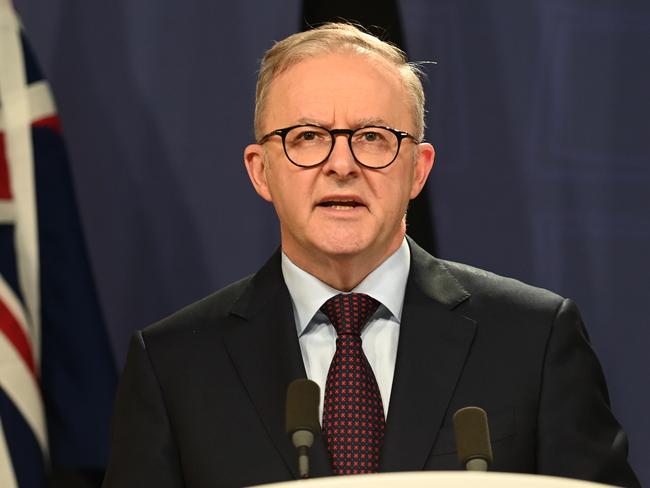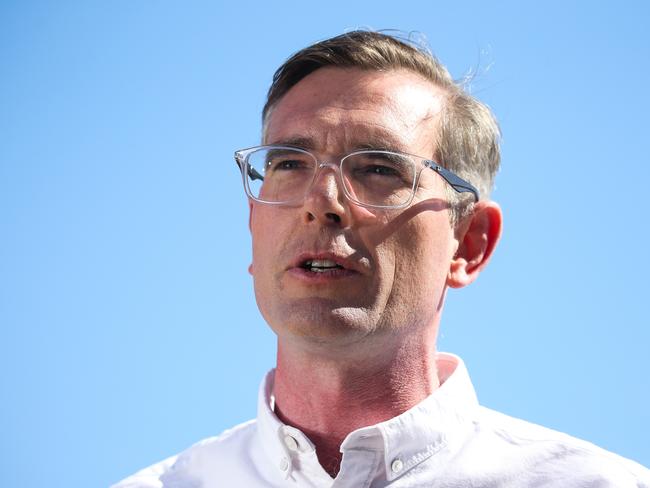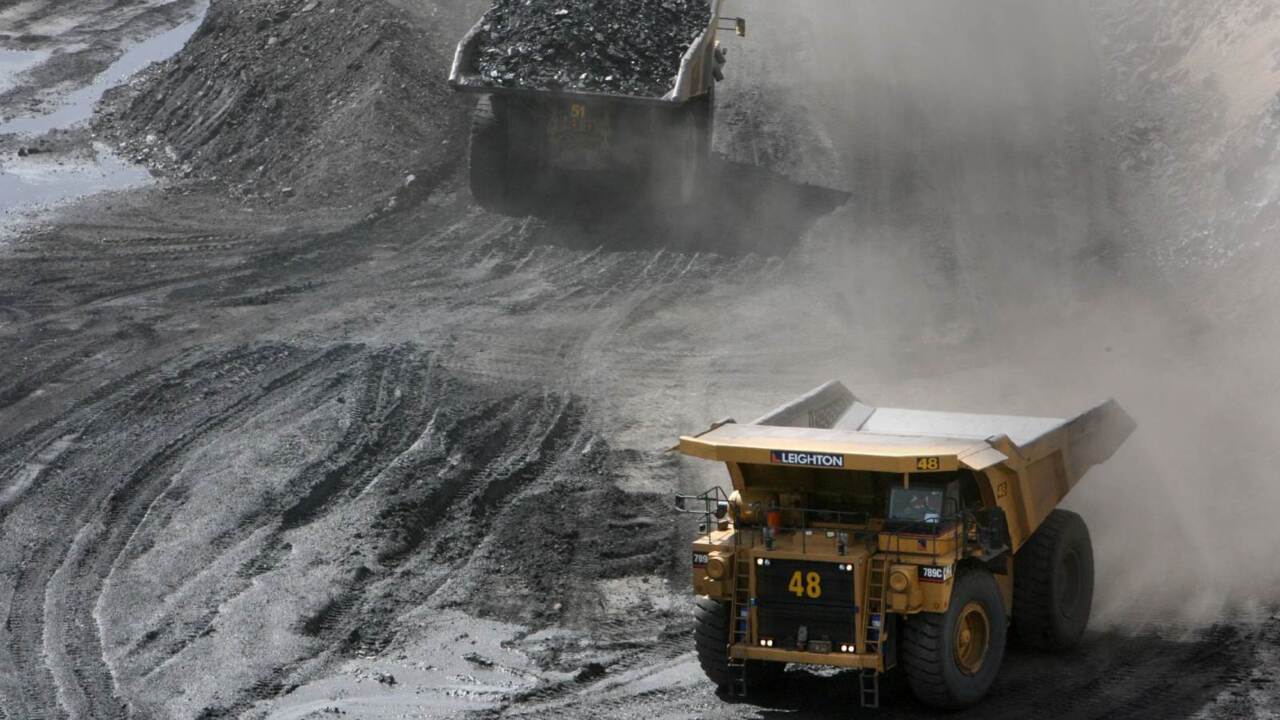State coal power to reap $500m-plus
NSW coal-fired power stations are likely to receive more than $500m in compensation for projected losses incurred under Anthony Albanese’s energy plan.

NSW coal-fired power stations are likely to receive more than $500m in compensation from the federal and state governments for projected losses incurred under Anthony Albanese’s national energy plan, with the state pushing for the commonwealth to pick up the majority of the bill.
The scale of compensation required in NSW and Queensland could now see coal-fired power stations clawing back about $1.25bn in total assistance under the plan, only $250m less than the $1.5bn in price relief being provided to households and small businesses.
Senior NSW government sources told The Australian on Tuesday that taxpayers would be stung for more than half a billion dollars under the energy deal brokered in December because state generators locked into supply contracts in excess of the newly legislated $125-a-tonne coal price cap would need to be paid the difference.

Recipients of the large compensation payments would include Australia’s biggest generator, the Origin-owned 2880-megawatt Eraring power station to Newcastle’s south that has contracts locked in for the supply of 4.4 million tonnes of coal to meet demand for the 2022-23 financial year.
NSW has four other major coal-fired power stations – Bayswater, Liddell, Mount Piper and Vales Point B – that would also need to receive compensation from taxpayers for any supply contracts that exceed the $125-a-tonne price cap.
Compensation schemes will differ among states, but power suppliers are expected to be paid “periodically”. In the October budget, Treasury predicted electricity bills would rise by 63 per cent over the next two years, but the new price caps are expected to reduce the increase to 47 per cent.
The new caps are aimed at saving Australian households about $230 on their power bills.

Responding to questions from The Australian, the Albanese government confirmed that “details of the financial assistance are currently being finalised with the NSW government”, but that compensation would only be offered to coal-fired power generators. Coal producers would be excluded.
“The scheme has been tailored to cap the effective price of coal as an input to electricity generation, and thereby reduce wholesale electricity prices,” said the office of Energy Minister Chris Bowen.
“The NSW government has made directions to cap the price of coal in new contracts at $125 a tonne,” Mr Bowen’s spokesman said. “ Financial assistance will be offered to coal-fired power stations with contracts above $125 a tonne.”
As part of the arrangement, NSW government sources told The Australian a deal had been struck for the state to receive about $350m of the federal government’s $1.5bn relief package for households and small businesses. It is understood the $350m will be directed by NSW towards energy rebates for vulnerable Australians, such as low-income households and pensioners, helping to completely offset a projected 40 per cent rise in power bills in 2023 when paired with the price caps on coal and gas.
The deal reflects a similar arrangement between the federal and Queensland governments to split the $450m compensation bill for the Gladstone power station. Once the compensation bill for Queensland power stations – which sources previously told The Australian could reach up to $750m in total – is added to projected $500m in assistance for NSW generators, coal-powered stations and miners could be reimbursed more than $1.25bn.

The compensation figure is well in excess of what independent senator David Pocock and the Greens – both critical to the bill’s passage through parliament – claimed they had been informed of during briefings as the federal government rushed the emergency energy legislation through in December.
Senator Pocock and Greens leader Adam Bandt both criticised the Albanese government upon learning of the $450m compensation that mining giant Rio Tinto and its associated partners could receive due to their ownership of the Gladstone power station.
Senator Pocock said briefings given by the Albanese government during negotiations about the national energy deal had not disclosed the figure, labelling the compensation package “perverse”, given it represented almost a third of the amount households and small businesses could receive.
While the Prime Minister rejected the suggestion Rio Tinto could be compensated $450m, claiming the figure was “nothing like” that, Queensland Premier Annastacia Palaszczuk later appeared to contradict him, saying federal and state leaders knew taxpayers would be on the hook for the upper limit of the commonwealth’s projection.
NSW Premier Dominic Perrottet said the imposition of a coal-price cap would cost the state about $150m in lost royalties, a sizeable chunk of the $3.6bn in total coal royalties generated for the government in this financial year.
Mr Perrottet, however, claimed his government had not fought to claim compensation for the lost royalties from the federal government.



To join the conversation, please log in. Don't have an account? Register
Join the conversation, you are commenting as Logout